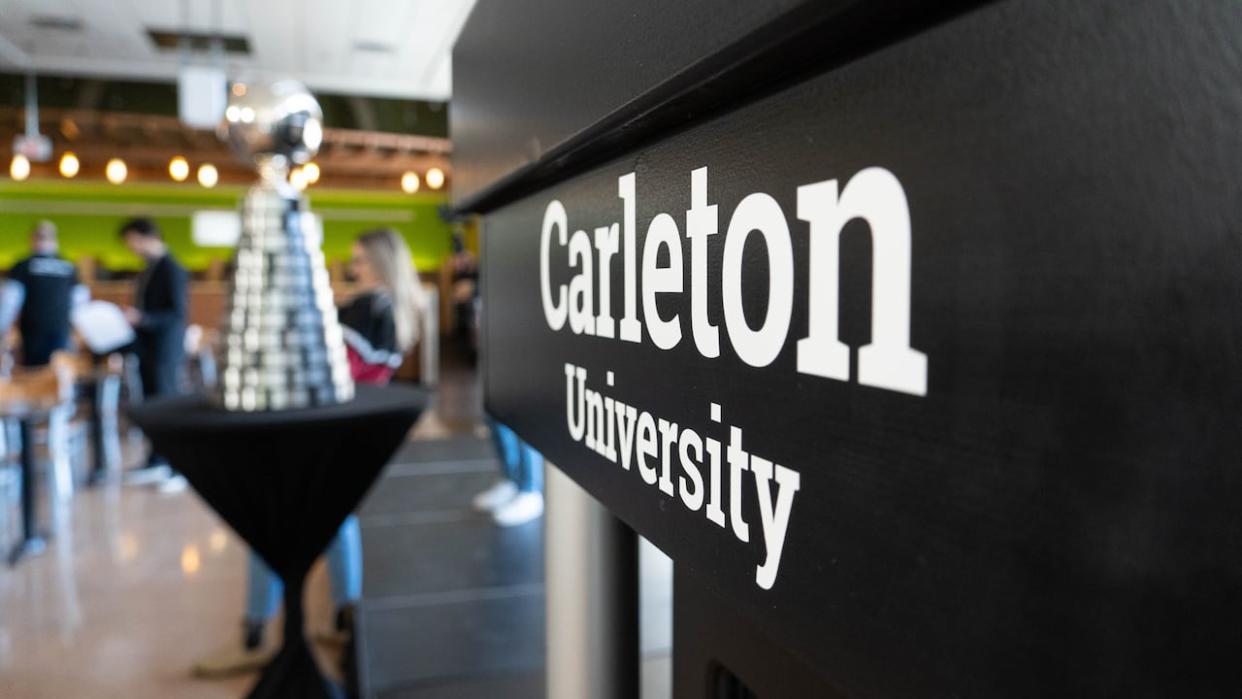Expected funding boost for Ontario universities a 'drop in the bucket,' critics say

Some Ontario university faculty say they're skeptical of an expected post-secondary funding announcement coming on Monday, saying it's not nearly enough.
The funding will provide some $1.2 billion to Ontario's strapped post-secondary sector, a source with knowledge of the province's plans told CBC Toronto Friday.
At least 10 of the province's 23 publicly assisted universities are now projecting budget deficits totalling $175 million, with that number expected to rise to $273 million in 2024-25.
The University of Ottawa is projecting a deficit of approximately $10 million in its operating fund, while Carleton University projects it will return to a balanced budget by 2028.
Andrew Robinson has been a contract instructor in Carleton's physics department since 2011, teaching first- and second-year science and engineering students.
Robinson said he hopes the funding will be directed to them, though he's not optimistic.
"Small classes, permanent instructors, good libraries, lots of support staff — all of those things are really up to the bone at the moment," he said.
"I think [the money] will just disappear into the general operating fund of the university and individual departments will probably not see very much of it."
Robinson said he's also used to contract work with little job security and low pay.
"I will never ever get a permanent job," he said. "If you work out my average rate of pay, it's about $26 an hour."

Andrew Robinson teaches first-year physics at Carleton University on contract, and he's frustrated with his wage and lack of job security. (Jeanne Armstrong/CBC)
Need 8 times as much, says faculty group
The expected $1.2 billion is a "drop in the bucket" compared to what the province's institutions need to succeed, said Nigmendra Narain, president of the Ontario Confederation of University Faculty Associations.
"[Our] own numbers show that we need eight times that much sustained over a significant amount of time to get universities just to the national average," Narain said.
The funding will be allocated based on the needs of individual institutions that apply for it, according to the CBC's source.
The worry, Narain said, is that will create unnecessary competition between institutions to prove which is worse off.
"How about we have a lifting of all boats, not just trying to see if we can pull a little bit of water with a teacup out of some of the sinking boats?" he said.
Ontario's per-student funding to universities is 57 per cent of the average funding provided by all other provinces.
A recent government-commissioned report found Ontario should end its post-secondary tuition freeze and increase per-student funding to its post-secondary system.
It's expected Monday's announcement will also include a pledge not to hike tuition for the next three years.

